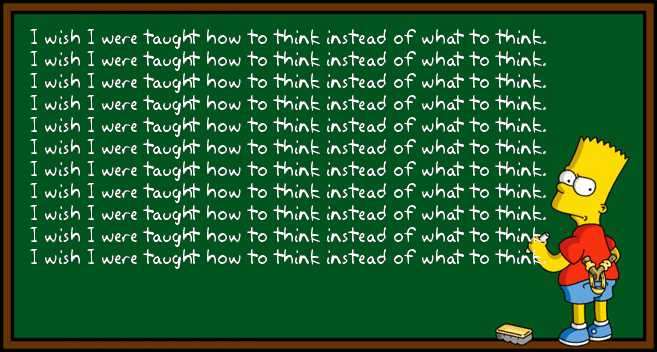Lesson 4.2 – The role of teachers
In
conclusion, after picking the social competences to work on, the role
of the teacher is to raise awareness and motivate to the process of
learning, giving clear directions on the types of behavior to follow.
“Instead of just lecturing in the classroom, teachers are facilitators
of learning, providing students with the information and tools they need
to master a subject. At times, teachers act like tutors, working with
small groups of students or individual students within the classroom or
after class. Teachers also play the role of evaluators, sometimes assessing students' abilities through formal and informal assessments,
providing suggestions for improvement and assigning grades” [1]. Many
schools are small enough so that teachers know every student. If one
method fails, teachers consult with colleagues to try something else.
They seem to relish the challenges. Moreover, as a worldwide approach,
governments promote and stress on using tests and other methods to
measure teachers firstly, and to have then teachers measuring students, a
philosophy that would not root in Finland.“I think, in fact, teachers
would tear off their shirts,” said Timo Heikkinen, a Helsinki principal
with 24 years of teaching experience,“If you only measure the
statistics, you miss the human aspect.” [2]
In Finland, and in many other schools in the Scandinavian countries, there are no mandated standardized tests, apart from one exam at the end of students’senior year in high school. There are no rankings, no comparisons or competition between students, schools or regions. Finland’s schools are publicly funded. The people in the government agencies running them, from national officials to local authorities, are educators, not business people, military leaders or career politicians. Every school has the same national goals and draws from the same pool of university-trained educators. The result is that a Finnish child has a good shot at getting the same quality education no matter whether he or she lives in a rural village or a university town. The differences between weakest and strongest students are the smallest in the world, according to the most recent survey by the Organization for Economic Co-operation and Development (OECD). “Equality is the most important word in Finnish education. All political parties on the right and left agree on this,” said Olli Luukkainen, president of Finland’s powerful teachers union. As a consequence, “We prepare children to learn how to learn, not how to take a test,” said Pasi Sahlberg, a former math and physics teacher who is now in Finland’s Ministry of Education and Culture.“We are not much interested in PISA. It’s not what we are about.”

Sources:
[2] https://www.smithsonianmag.com/innovation/why-are-finlands-schools-successful-49859555/